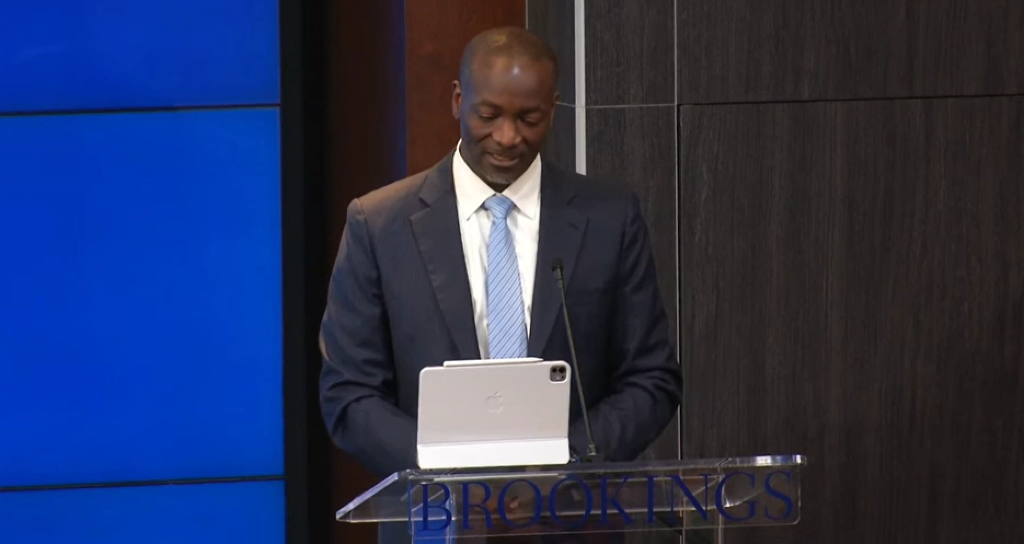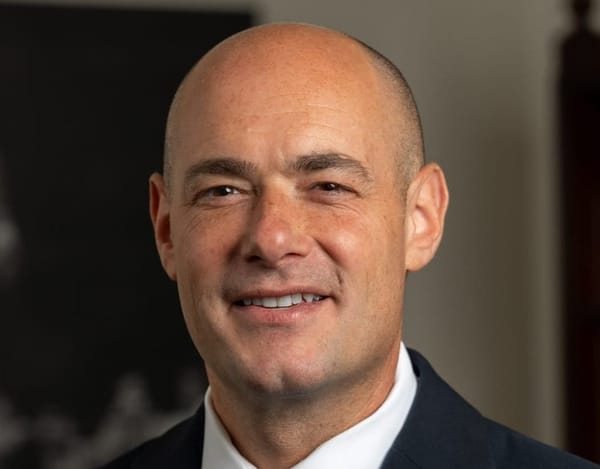Experts Call for Greater AI Regulation
Google representative says the U.S. needs AI regulations.
Michael D. Melero

WASHINGTON, July 16, 2024 – Greater regulation of artificial intelligence is necessary, agreed experts at a Monday Brookings Institution event.
"Our CEO said a few years ago that AI is too important not to regulate and too important not to regulate well,” said David Weller, senior director of competitiveness and sustainability policy at Google.“This is obviously a deeply important and transformative technology, and regulation needs to play a role.”
For the AI-centered economy of the future to succeed, firms must identify in-demand skills, provide training for those skills and offer certifications to increase job opportunities, Weller said. He pointed to Google’s Career Certificates that increase job prospects via certifications rather than a university degree.
Weller added that if a firm is using AI in employment decisions, it needs to be held accountable under the Equal Employment Opportunity Commission to prevent discrimination against job seekers and workers.
Brahima Coulibaly, vice president and director of global economy and development at the Brookings Institution, said that while advanced technologies create new opportunities, they also pose new challenges, including rising inequality.
“Increasing automation of low and mid-skilled jobs has shifted labor demand toward higher skills, hurting wages and jobs at the lower end of the skills spectrum,” Coulibaly said, adding his support of increased government regulation of such technology.
Vice President for Africa at the World Bank Victoria Kwakwa noted that she is not worried about technology displacing jobs in Africa. "Adoption of technologies that increase technology use per worker will, on balance, be good," Kwakwa said, noting that technology and AI are helping to raise productivity, create growth spurts, and provide services to underserved populations, particularly in rural areas.
In June, Hilary Allen, a professor of law at American University, noted that AI's lack of true intelligence and reliance on data are fundamental concerns. "It's not intelligent in the way that a human is intelligent," she said, saying that it is "basically applied statistics."
“If we're just thinking about this as being data and statistics, and we know this from before 2008, that rare events are typically ignored,” she said, referring to the period before the 2008 global financial crisis. “They're typically ignored by humans. And they are even more going to be ignored by artificial intelligence."








Member discussion